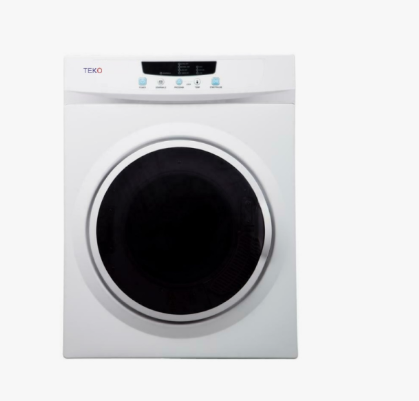Why You Need a UPS for Your Home or Office
Imagine you’re working on an important project, and suddenly, the power goes out. That’s where an uninterruptible power supply (UPS) becomes your best friend. Whether you’re safeguarding your home office setup or protecting critical business equipment, having one of the melhores UPS can be a game changer. A UPS provides backup power and helps prevent data loss, hardware damage, and downtime.
How a UPS Works
A UPS functions as a backup battery that kicks in when your primary power source fails. It provides emergency electricity for a short period, allowing you to save your work and shut down your devices properly. Some advanced UPS models even regulate voltage fluctuations and protect against power surges.
Choosing the Right UPS for Your Needs
1. Home vs. Office Use
For home setups, a basic UPS with enough power to support a computer, Wi-Fi router, and a few peripherals is sufficient. However, office environments demand a more robust UPS that can handle multiple devices, including servers, printers, and networking equipment.
2. Power Capacity and Backup Time
Power capacity is measured in volt-amperes (VA) or watts (W). The higher the VA rating, the more devices a UPS can support. Backup time varies by model, typically lasting from a few minutes to over an hour, depending on the load.
3. Types of UPS Systems
Standby UPS
This is the most common and affordable type. It stays idle until a power failure occurs, then switches to battery mode. Suitable for basic home use.
Line-Interactive UPS
Ideal for moderate power fluctuations, this UPS automatically regulates voltage without switching to battery mode, extending battery life and providing more stable performance.
Online Double-Conversion UPS
This is the best choice for businesses and high-end users. It continuously converts power, ensuring the cleanest and most stable electricity flow, even in the event of extreme power fluctuations.
Best UPS Models for Home Use
APC Back-UPS BE600M1
A compact and budget-friendly UPS, the APC Back-UPS BE600M1 offers a 600VA capacity and comes with multiple outlets. It is perfect for home offices, providing enough power to keep a PC, modem, and router running during short outages.
CyberPower CP1500AVRLCD
This model offers 1500VA capacity and features an LCD display for real-time battery and load monitoring. It’s a great choice for gamers, remote workers, and small businesses that need reliable backup power.
Eaton 5S 1000LCD
A reliable line-interactive UPS, the Eaton 5S provides smooth power regulation and a compact design. It’s ideal for home users looking for a balance between affordability and efficiency.
Best UPS Models for Office Use
APC Smart-UPS 1500VA
A popular choice for businesses, the APC Smart-UPS 1500VA delivers high-performance power protection with automatic voltage regulation and pure sine wave output. It’s suitable for servers, networking devices, and critical office equipment.
Tripp Lite SMART1500LCDT
With a 1500VA capacity, this UPS is designed for office workstations and small IT setups. It features an LCD screen, USB connectivity, and multiple outlets for enhanced flexibility.
Eaton 9PX 3000RT
For large offices and IT infrastructures, the Eaton 9PX 3000RT provides superior efficiency and scalability. With its double-conversion technology, it ensures continuous and clean power supply, making it a solid choice for businesses with high energy demands.
Key Features to Consider When Buying a UPS
1. Battery Runtime
The longer the battery lasts, the more time you have to save your work and shut down properly. Some UPS models offer hot-swappable batteries, allowing replacements without downtime.
2. Number of Outlets
Consider how many devices you need to connect. A UPS with surge-protected outlets helps protect sensitive electronics from power spikes.
3. Connectivity and Monitoring
Many modern UPS systems come with LCD displays and software monitoring features. Some even offer remote management via mobile apps.
4. Noise Levels
If you’re placing the UPS in a quiet workspace, look for models with low-noise fans or silent operation modes.
5. Warranty and Support
A good UPS should come with at least a two-year warranty and reliable customer support in case of issues.
Maintenance Tips for a Longer UPS Lifespan
Regular Battery Checks
Batteries degrade over time, so it’s crucial to check and replace them as needed. Most UPS batteries last between three to five years.
Keep It in a Cool, Dry Place
Heat and humidity can shorten a UPS’s lifespan. Ensure it’s placed in a well-ventilated area for optimal performance.
Test Your UPS Periodically
Perform occasional tests to ensure your UPS is working correctly. Unplug the power source and check if the UPS kicks in as expected.
Final Thoughts
Investing in a UPS is a smart decision for both home and office use. It not only protects your valuable electronics from unexpected power failures but also ensures uninterrupted work. Choosing the right UPS depends on your power needs, the number of connected devices, and the level of protection required. Whether you need a simple home setup or a high-performance office solution, there are plenty of options available to keep your devices safe and powered up when you need them the most.




